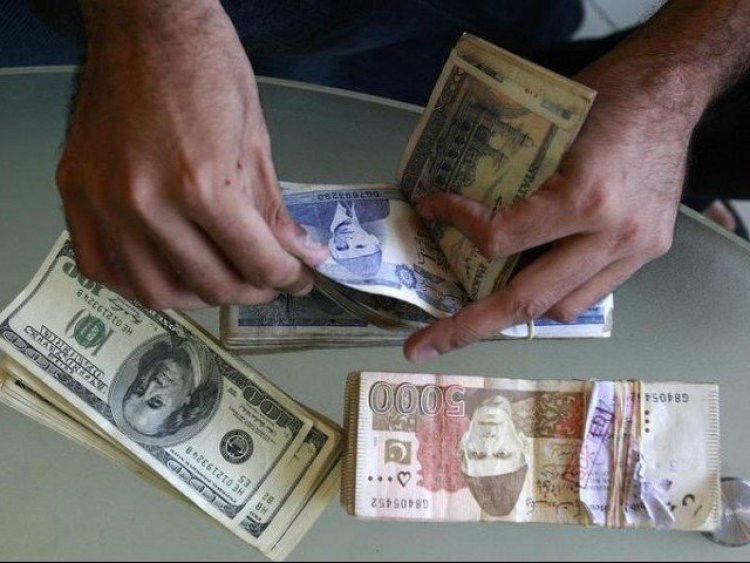Govt to borrow Rs4.8tr from commercial banks
Will issue PIBs, T-bills to repay previous debt, finance projects

KARACHI:
The government has planned to borrow Rs4.80 trillion from commercial banks over the next three months against issuing its sovereign bonds like Pakistan Investment Bonds (PIBs), T-bills to partly repay previous debt and partly to finance its projects.
The breakdown suggests, the Ministry of Finance is scheduled to repay Rs3.92 trillion against maturing T-bills of three to 12-month tenures and PIBs (eg three to 20-year tenure) during September to November 2021, according to Pakistan’s central bank on Friday.
The rest of the raised amount at Rs872 billion “may be utilised to finance new and/or ongoing development projects (like roads and dams), finance defence requirements, and issue funds to different ministries,” Arif Habib Limited Head of Research Tahir Abbas said while talking to The Express Tribune.
The government has to rely on debt to finance projects in the wake of relatively low collection of revenue in taxes and nontax revenue compared to prevailing requirements for funds in the economy which is on expansion mode.
Read Govt to borrow Rs103.8b from banks
The latest debt planning (Sept-Nov) suggests, the government is gradually implementing its strategy to raise larger portion of debt through auctioning longer-tenure securities like PIBs (eg two to 30- years) and lesser its reliance over the short-term debt instruments like T-bills.
Besides, it would raise part of the long-term debt through issuing PIBs of floating interest rate (variable rate of return) instead awarding a fixed rate of return on the investment.
The shifts in the strategy are aimed at reducing the cost of borrowing, make debt profile sustainable and give the government enough time to increase number of taxpayers till the time the long-tenure bonds get matured.
The breakdown suggests the government would raise Rs450 billion through issuing three to 30-year PIBs at a fixed rate of return ranging from 7-11% against maturity of mere Rs18 billion during Sept-Nov 2021.
It would raise another Rs450 billion through issuing two to five-year PIBs on floating rate ranging between 7.2293-7.6463% against zero maturity, as they remained relatively new in Pakistan.
It would raise Rs3.90 trillion against issuing three to 12-month T-bills against maturing of such bonds amounting to Rs3.91 trillion, according to the central bank. “The debt is used to finance and fiscal deficit,” Abbas said.
Read more SBP hits eight banks with penalties
The government has set economy growth target of 4.8% for the current fiscal year 2022; started July 1. For the purpose, it announced a budget amounting to Rs8.5 trillion.
The outlay was planned to be financed through a targeted collection of revenue at Rs5.82 trillion and borrowing (fiscal deficit) worth Rs3.42 trillion.
The government has set the target of fiscal deficit at Rs3.42 trillion (or 6.3% of GDP) for current fiscal year 2022 against 7% last year. It has targeted to collect 17.4% higher revenue in taxes through the Federal Board of Revenue (FBR) at Rs5.82 trillion in FY22 compared to Rs4.96 trillion in FY21.
Pakistan total debt and liabilities (including external debt and private sector debt) surged to Rs47.82 trillion in the fiscal year ended June 30, 2021 compared to Rs44.59 trillion on June 30, 2020.
In terms of percentage of GDP, however, it reduced to 100.3% in FY21 compared to 107.3% in FY20, as the economy grew by 4% in FY21 compared to a contraction of 0.5% in FY20 amid Covid-19.

 Admin
Admin 































